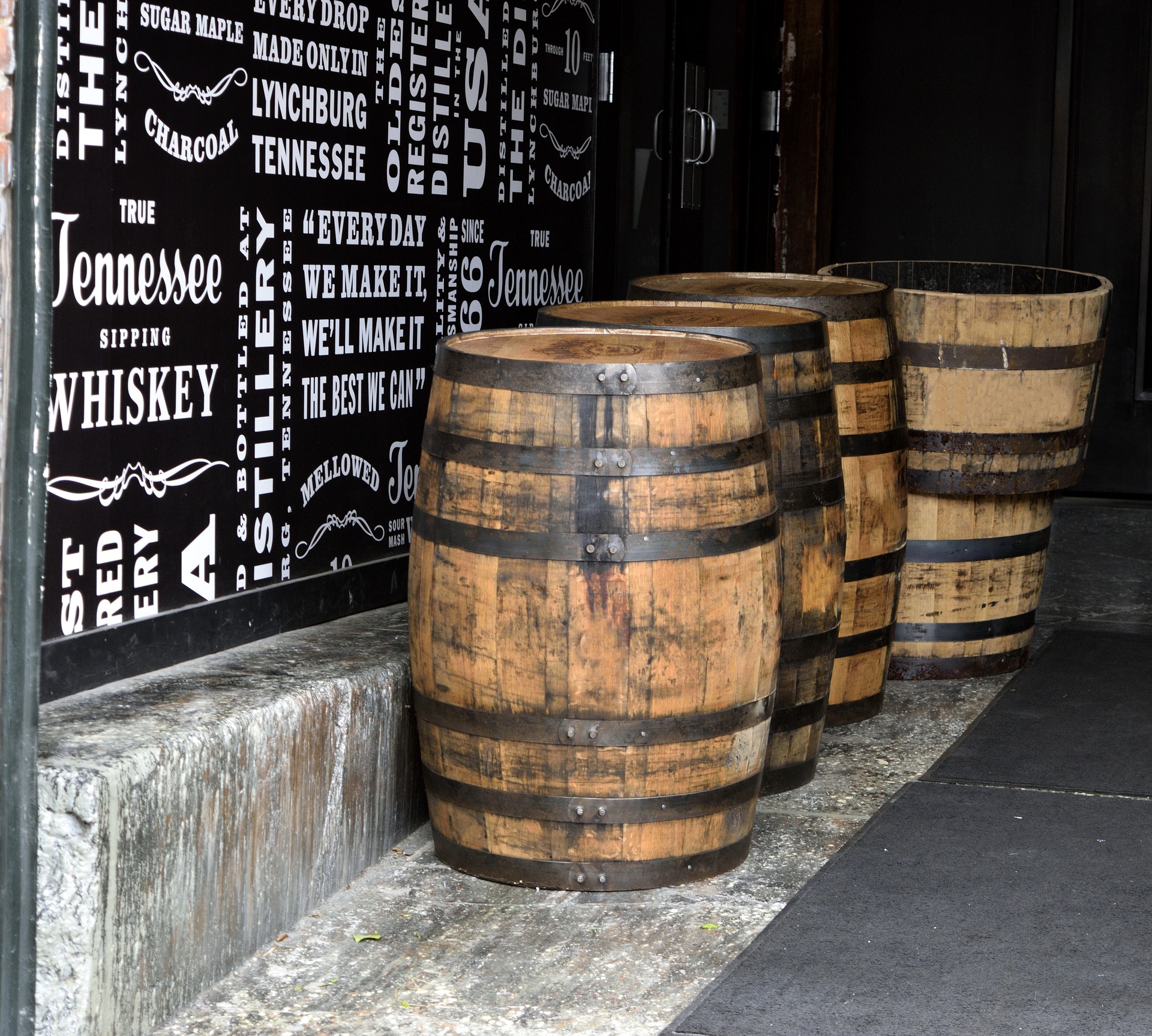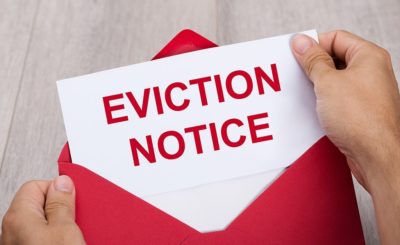Unless you like to see the inside of a jail cell you should read this article on the laws and regulations governing home distilleries and the making of moonshine. There are both state and federal laws that regulate home distilling. You need to comply with both if you want to stay out of the penitentiary. Of course distilling itself by definition is no more than separating a liquid by first vaporizing it then condensing and collecting the vapor. It is how fuel alcohol or ethanol is created. Since distilling has non-ingestible elements, both owning and selling stills remain legal provided a few guidelines are followed.
Federal Distillation Laws
Under federal law, it is legal to own a still of any size. You can have it for decoration, distilling essential oils, distilling water, you name it. No federal registered permits are necessary for those such things. Nevertheless, it is illegal to be involved with the making of alcohol without a permit. Often, people believe that if you have a still of 1 gallon or less for alcohol than it is legal to have home distilleries. This is a common misconception.
Federal Alcohol Permits
You have two options for legally distilling alcohol in your abode. Option one is the FDSP. AKA the Federal Distilled Spirits Permit. This permit is the same one that large distilleries have, and it enables them to distill and distribute alcohol to the public. This is a very difficult permit to obtain, and basically unless you happen to be opening a distillery with the goal of selling your moonshine to liquor stores your likely not going to be able to obtain one. Your second option is a fuel alcohol permit. You can’t drink anything if this is your option. Home distilleries are basically illegal when it comes to alcohol. Of course you do not need a permit or need to register your still with the federal government if you do not plan on using your still for alcohol. Federal Alcohol and Tobacco Tax and Trade Bureau only requires you to register with them if you’re a manufacturer.
State Distillation Laws
Laws and regulations also do vary by state. Some have no still laws, others prohibit it outright, and still some disallow it all together except for inventions. You can either google your specific state laws or check out this link here which has all the state laws available for view. Remember that where the state law and the federal law differ the federal law trumps the state law. If you are ever at odds with whether you should follow state or federal law regarding alcoholic distillery lean towards the federal law first. Moreover, the Federal law provides no exemptions for the production of distilled spirits for personal or family use. Under no circumstances should you ever distil or sell alcohol without a permit.





